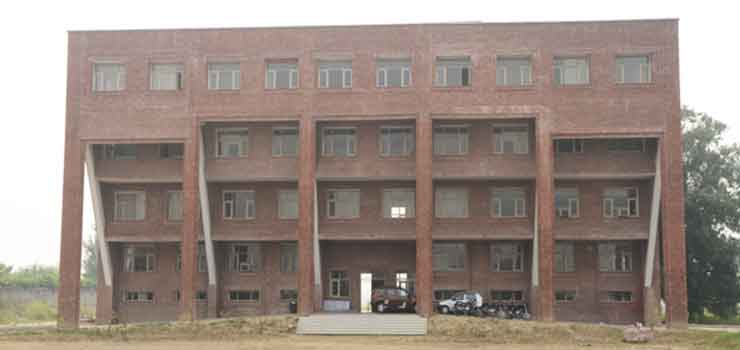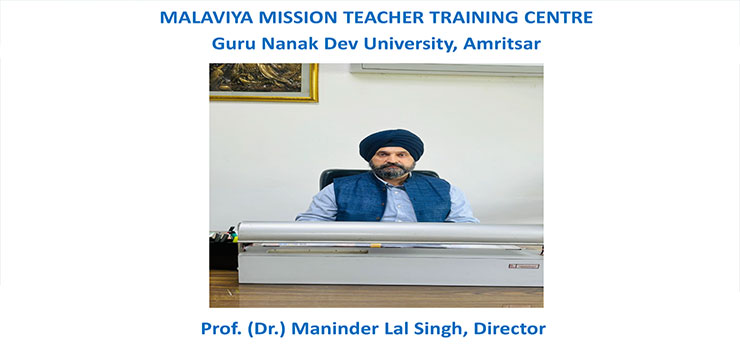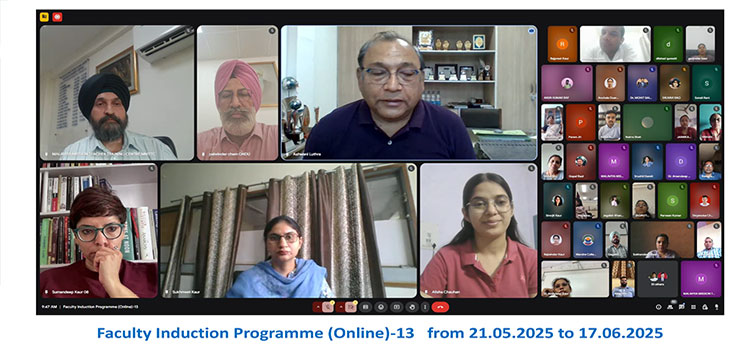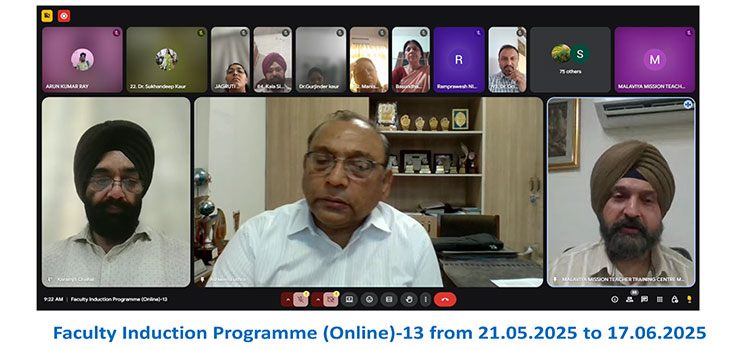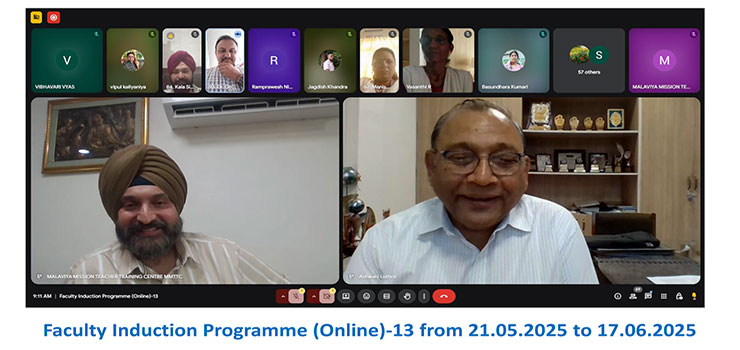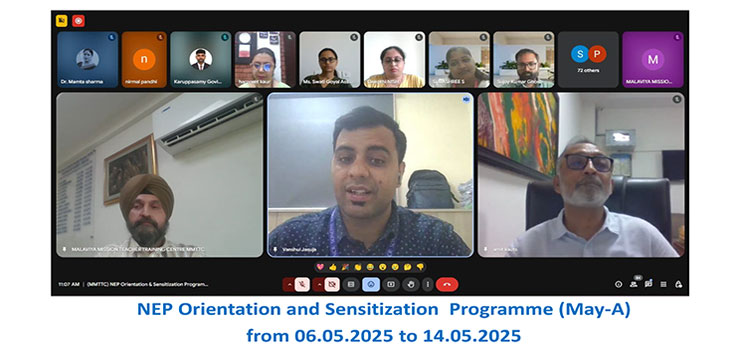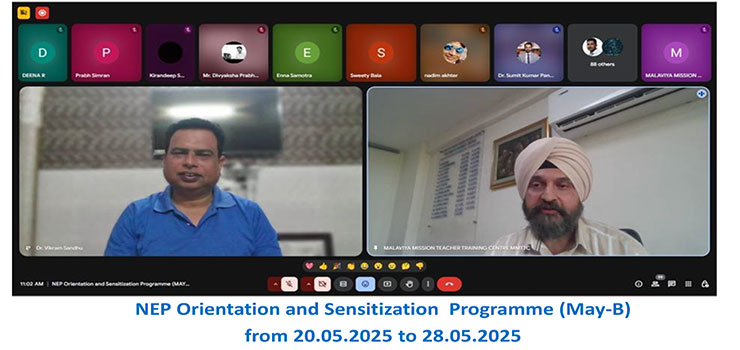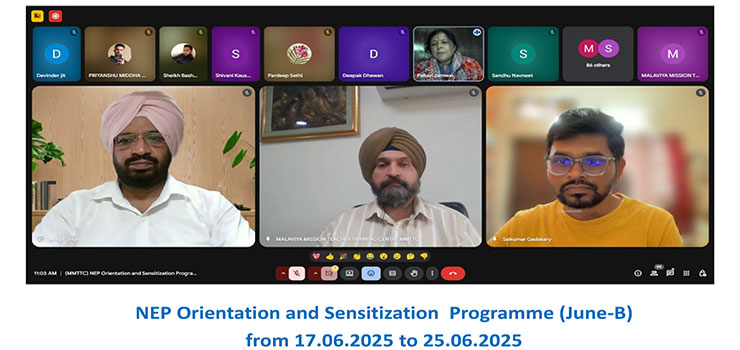Vision- Seeking to stimulate the academic environment for the promotion of teaching & research in HEIs by keeping participants abreast with the latest development in key area of information & knowledge.
Mission- Our Mission has always been to promote National Integration with PAN INDIA Participation. Our efforts have always been to update the knowledge base and outlook of the teachers & researchers at regular intervals.
To train and prepare a class of proficient teachers with imbibed human values.
Motto- Constantly striving to be globally acknowledged a Centre of Academic excellence.


